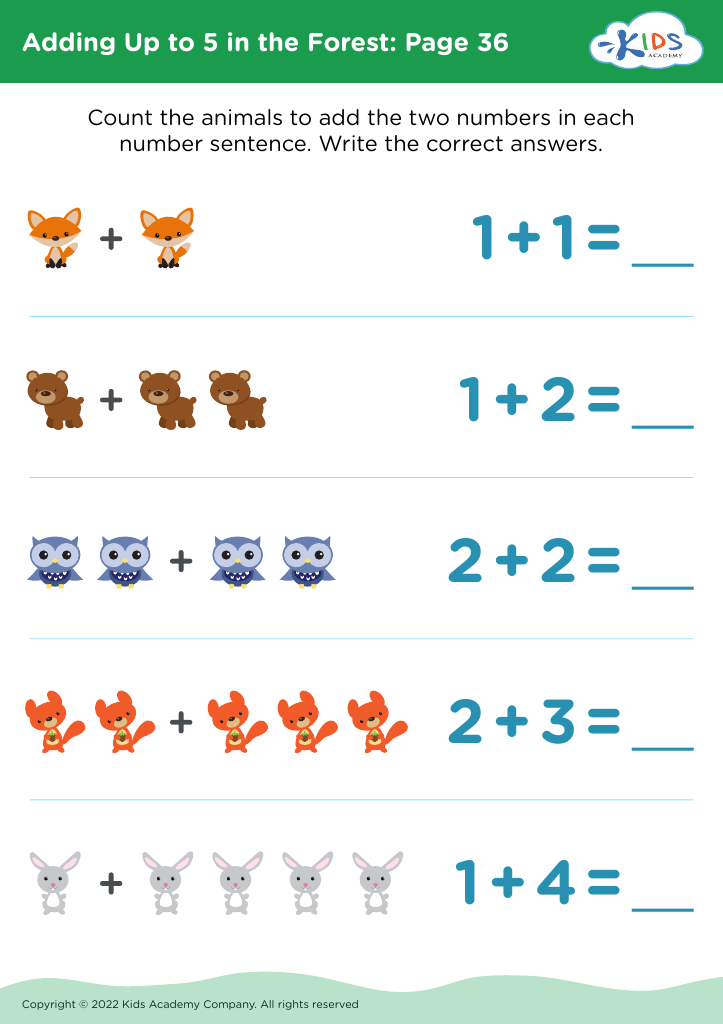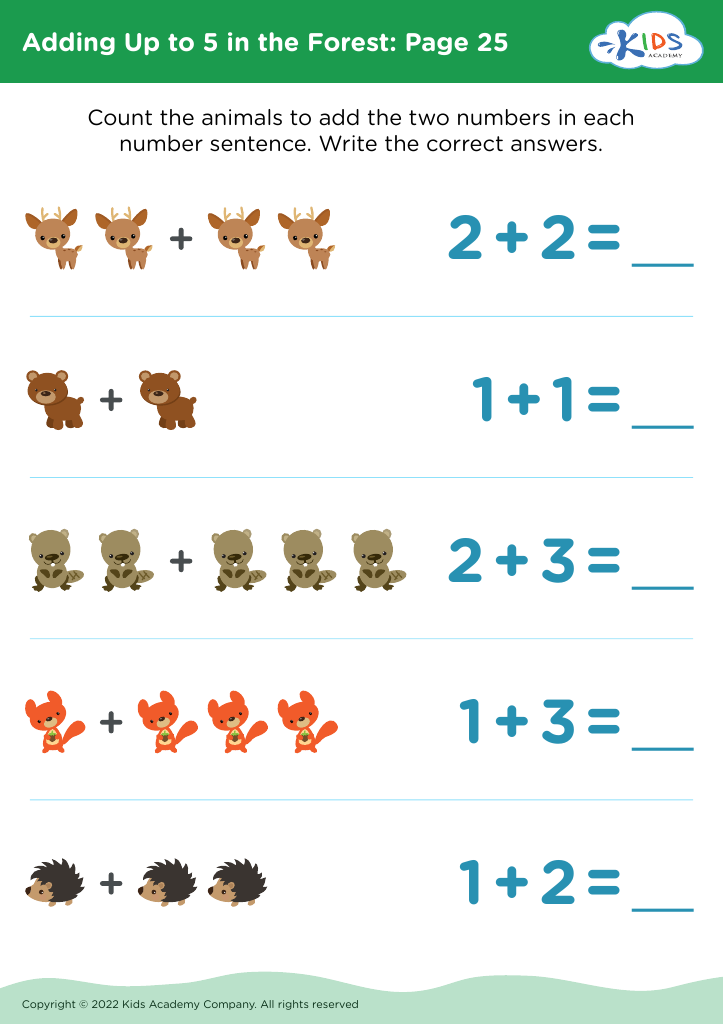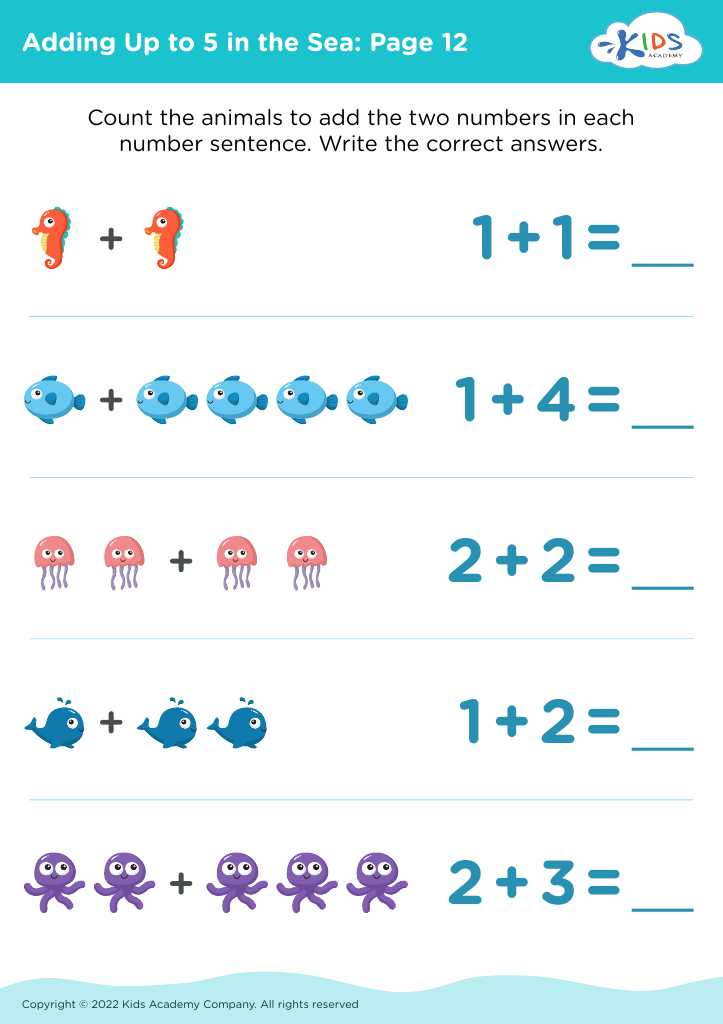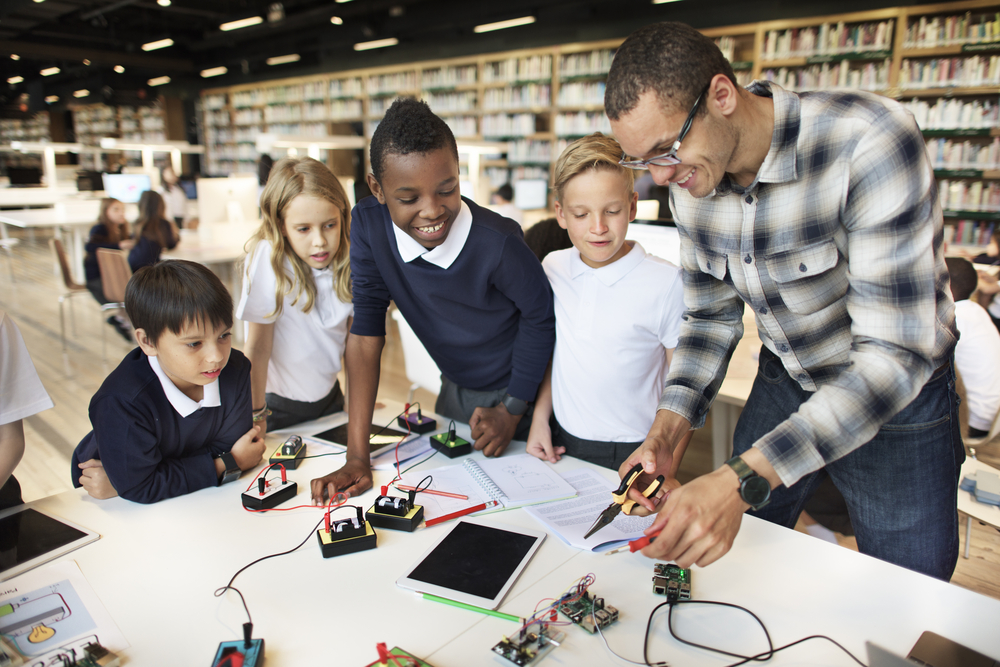Fine Motor Skills (coloring) Math Worksheets for 3-Year-Olds
3 filtered results
-
From - To
Enhance your child's fine motor skills with our engaging coloring math worksheets designed specifically for 3-year-olds! These worksheets combine the joys of coloring with foundational math concepts to make learning fun and interactive. As children color different shapes, numbers, and patterns, they develop essential hand-eye coordination and dexterity. Our resources foster creativity while reinforcing early math skills, encouraging toddlers to recognize numbers and understand basic counting. Perfect for at-home learning or classroom activities, these worksheets provide a colorful and educational experience that keeps young learners engaged. Download now to give your little one the gift of curiosity and skill development!
Fine motor skills are essential for 3-year-olds as they form the foundation for all future learning, particularly in areas like writing, math, and daily tasks. Engaging children in activities such as coloring not only hones these skills but also sparks their creativity and imagination. When children color, they grasp crayons or markers, which strengthens hand-eye coordination, finger dexterity, and grip control—critical components for later tasks like writing numbers or forming letters.
Moreover, integrating math concepts during coloring can make learning fun and engaging. For instance, teachers and parents can encourage counting colors of crayons, sorting shapes, or measuring the size of drawings. This playful approach not only reinforces mathematical understanding but enhances language development as children describe their artwork or discuss their process.
Incorporating fine motor skill activities in math through coloring prepares children for a seamless transition to more advanced concepts. Parents and teachers play a crucial role by facilitating these experiences that build young learners' confidence and excitement for upcoming educational milestones, ensuring that foundational skills are not only developed but also deeply appreciated. Investing time in these activities sets the stage for lifelong learning and success in school and beyond.




















